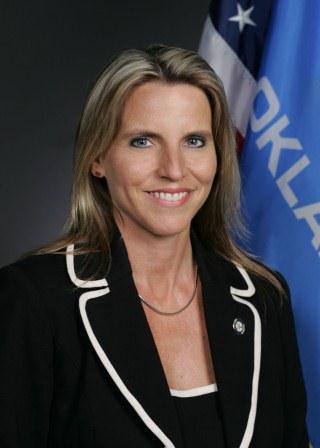In order to provide equal access and equal opportunity to people with diverse abilities, this site has been designed with accessibility in mind. Click here to view
Griffin files legislation on providing info for pre/postnatal services; new bill utilizes social media
 Sen. AJ Griffin
Sen. AJ Griffin
Sen. AJ Griffin has filed legislation modifying how the State Department of Health will go about providing information on pre/postnatal services available through both public and private agencies. The Health Department will still be in charge of making that information available on its website, however, new language contained in Senate Bill 30 calls for the agency to publicize that information through social media rather than placing signs in most public restrooms.
Officials with the Health Department have been asked to pause any further work toward implementation of the program while the new language in SB 30 is awaiting consideration in the upcoming session.
Griffin said the changes will preserve the intent of the original legislation, but is responsive to private businesses concerned about the possible cost of displaying the signs. The amendatory language removes that requirement with the exception of abortion facilities.
“While the measure is pro-life, the promotion of prenatal and care services addresses a major health issue in our state,” said Griffin, R-Guthrie. “It was never intended to be a burden on businesses or health providers. Changing to a social media campaign will actually broaden the reach and make linking pregnant women to services even more visible.”
It’s estimated that half of all pregnancies in Oklahoma are unplanned, and many of those babies are at risk if their mothers fail to seek appropriate care during pregnancy. Griffin said the just-released United Health Foundation’s America’s Health Rankings report shows Oklahoma has one of the worst infant mortality rates in the nation. For every 1,000 live births, eight babies in this state die before they reach their first birthday, giving Oklahoma the fifth-highest rate in the nation for infant mortality. Griffin said Oklahoma could reduce those numbers if more women sought pre-natal healthcare. While it is available, many women may not understand its importance or know where to go.
“The goal remains the same—to let women know they have options and available help to ensure they receive the care they need so their babies will be born healthy, whether they decide to raise their babies themselves or choose adoption,” Griffin said.
 Oklahoma Senate
Oklahoma Senate

